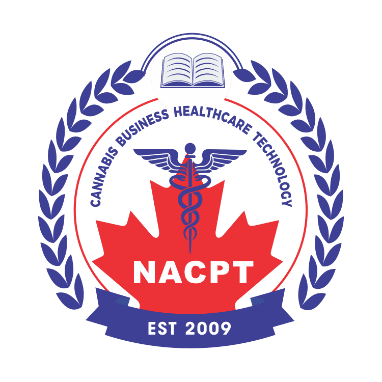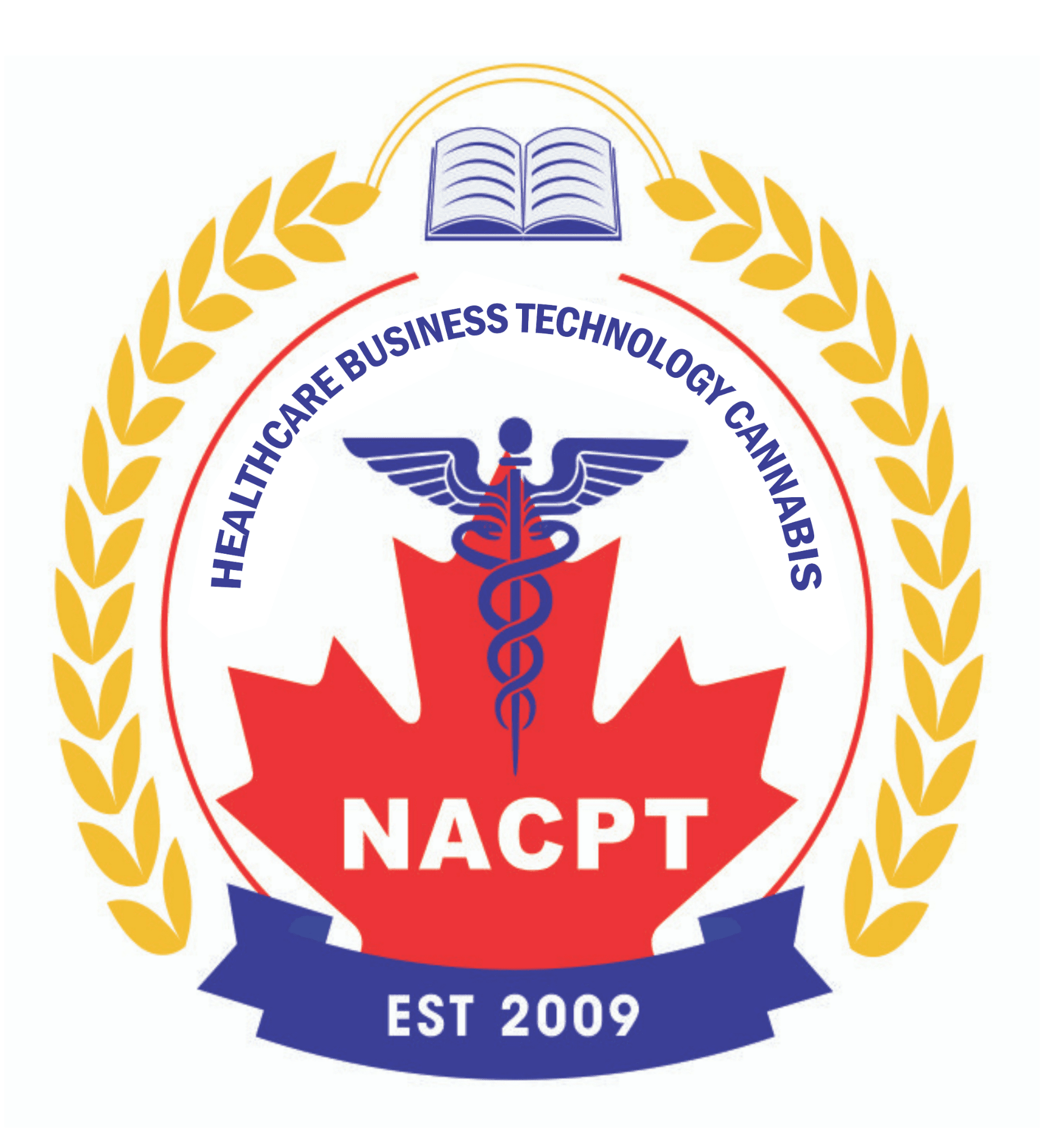- Home
- About Us
- Diploma Programs
- Certificates
- Cannabis
- Healthcare
- Pharmaceutical
- Corporate Training
- CannSell Expert Certification
- Psychedelics
- Food Handler Certification
- Apply
- Student Services
- Events
- Blogs
- R&D
PSW01 – PSW Foundations
PSW02 – Safety and Mobility
PSW03 – Body Systems
PSW04 – Assisting with Personal Hygiene
PSW05 – Abuse and Neglect
PSW06 – Household Management, Nutrition and Hydration
PSW07 – Care Planning / Restorative Care / Documentation / Working in the Community
PSW08 – Assisting the Family, Growth and Development
PSW09 – Assisting the Dying Person
PSW10 – Assisting with Medications
Students will develop and demonstrate skill in reading and
interpreting information on prescription containers and
demonstrate assistance with oral/topical medications, as well as
eye, ear, and nose drops.
The importance of observation for both desired and undesired
outcomes and procedures to be followed in the event of
concern about or problems with medications will be discussed.
PSWs are able to provide specific assistance with medications
(oral, topical, eye, nose or ear drops) to the client, in keeping
with the directions stated in the client care/support plan, and
under the direction and monitoring of an appropriate person,
whether health professional, caregiver, or family member. It is
understood that this assistance is provided on the basis of case-
by-case instruction by the appropriate person and cannot be generalized among clients or between support workers.
PSW11 – Cognitive and Mental Health Issues and Brain Injuries
PSW12 – Health Conditions
PSW13 – Clinical Placement (Community) – summary only
PSW14 – Clinical Placement (Facility) – summary only
Please note*: The mandatory Community and Facility clinical placements should be completed through the long-term care centres affiliated with NACPT Pharma College.


Credential Awarded: Post-secondary Diploma
Duration: 37 Weeks
Program Intakes:
| Intake 1 | MAR 27th, 2023 |
| Intake 2 | SEP 04th, 2023 |
Due to COVID-19, all training classes have been moved online (live, interactive, and instructor-led) or onsite until further notice. Hybrid Learning Mode will be used for programs that include hands-on training (theory will be delivered online and hands-on training will be delivered on-site). Students who wish to receive onsite instruction may request the college. Please get in touch with us for more information!
ENQUIRY FORM













Medical Office Administration
Medical Office Administration
















































































































































